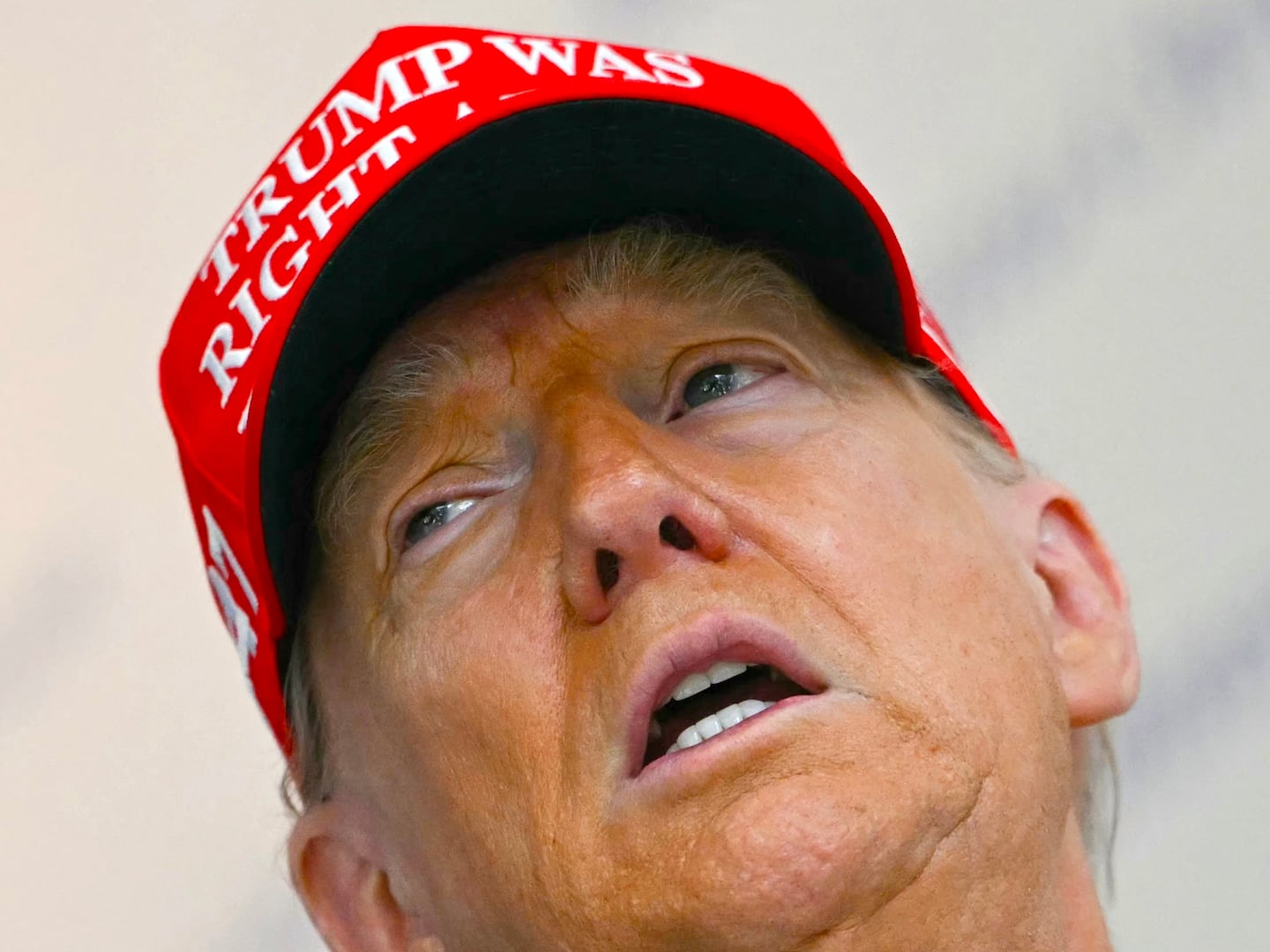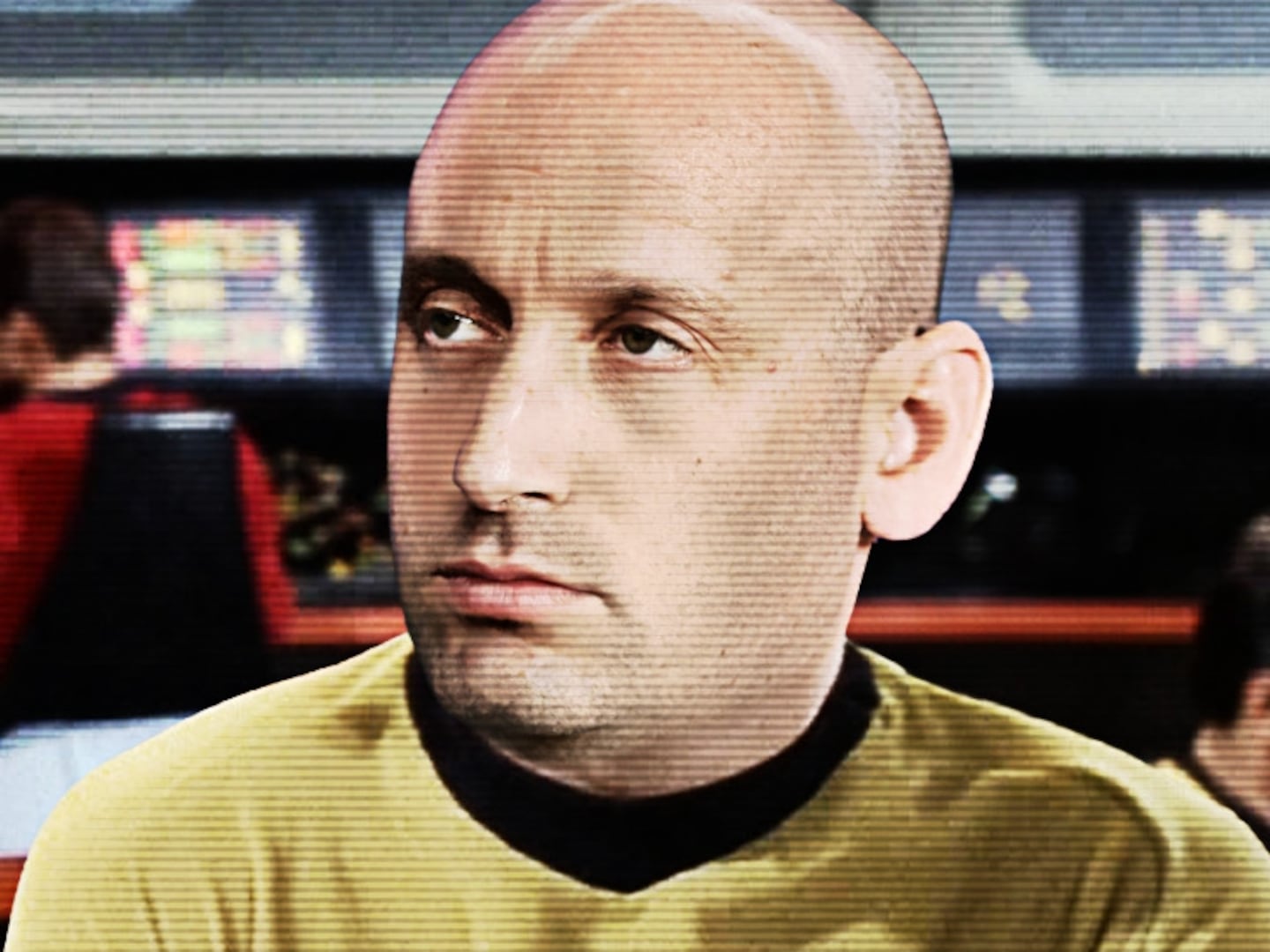
After less than two days of Senate hearings, the essential absurdity of Elena Kagan’s Supreme Court nomination has already been laid bare. Tuesday morning, Kagan was asked about a rare moment of indiscretion in a 25-year career that she has seemingly dedicated to never expressing a legal or political opinion that could be held against her in a Supreme Court confirmation process.
Fifteen years ago, Kagan pointed out in a book review that Supreme Court hearings had “taken on an air of vacuity and farce” because senators were failing to insist that nominees answer hard questions about their legal and political views. This had, she noted correctly, transformed those hearings into “a vapid and hollow charade.” Now Kagan, whose views on almost every relevant issue from executive power to campaign finance remain completely unknown, has decided that these observations were “a little bit off.”
Kagan is taking the view that these hearings should be the most extreme possible version of the “vapid and hollow charade” she once condemned when she committed her youthful gaffe.
Kagan informed the committee that, on further reflection, “it wouldn’t be appropriate” for her to discuss whether Supreme Court cases had been rightly or wrongly decided. Not, mind you, cases before the court now, or somewhere else in the legal system, or even potential future litigation—but any cases, including all of the court’s existing precedents. Kagan did make the spectacularly banal observation that Supreme Court precedents are “settled law,” which, as she explained, means the court should follow them until a good enough reason not to arises. Of course the best possible reason to overturn a precedent is that a justice believes the issue was wrongly decided in the first place. But Kagan flatly refused to discuss the merits of any existing precedents.
Instead, Kagan promised to take cases one at a time, and decide them “as fairly and objectively as I can.” In other words, Kagan is taking the view that these hearings should be the most extreme version possible of the “vapid and hollow charade” she once condemned when she committed her youthful gaffe. (A gaffe, as Michael Kinsley once observed, is when a public figure inadvertently tells the truth.)
Nothing could be more meaningless than a nominee’s promise to be fair and objective, except possibly a pledge to avoid that eternal bugaboo of right-wing legal propaganda, so-called activist judging. The first two days of the Kagan hearings featured an endless parade of Republican senators condemning activist judges. Activist judges, you see, put their policy preferences before the requirements of the law.
To grasp how idiotic this framing of the issue is, one need go no further than Monday’s Supreme Court decision, which held that the Second Amendment’s provisions regarding the regulation of arms applies not only to the federal government, but to state and city governments as well. In theory, this conclusion should have presented quite a problem to Justice Scalia, who is famous for championing an “originalist” reading of the Constitution. (There is no dispute that when it was originally enacted, the Second Amendment was not intended to apply to state and local governments: The original Bill of Rights applied only to the federal government.)
Scalia found a way around this difficulty by declaring that the due process clause of the 14th Amendment now requires applying the limitations of the Second Amendment against local governments. (In legal jargon, this is known as “incorporating” a right via “substantive due process.”) The problem with this conclusion is that Scalia has spent his whole legal career railing against the whole idea of substantive due process, which he has condemned as “a judicial usurpation” and an “oxymoron,” by which liberal judges have smuggled their policy preferences on issues such as abortion into the Constitution.
Scalia’s constitutional gymnastics show how the formal legal materials—“the law,” if you prefer—lend themselves perfectly well to a variety of outcomes. It should therefore be unnecessary to point out how meaningless it is to attach labels such as “fair,” or “objective,” or “activist” to the opinions of our judges.
And yet these are the words Republicans are likely to use in challenging Kagan as they attempt to paint her as a liberal. They might save themselves some work by attacking her where she’s much more vulnerable: her record, or rather her almost complete lack of one. Her thin sheaf of academic writings addresses only a handful of very narrow technical legal issues in an especially cautious and non-revelatory fashion. She has never published a word not intended for an academic audience. Her work as a lawyer—that is, as someone who is professionally obligated to advocate the positions of her employer, whether she agrees with them or not—tells us nothing about her own views.
Over the past two months, I’ve spoken to nine of Kagan’s former colleagues at the two law schools where she has taught. All of these people, some of whom support Kagan’s nomination and some who oppose it, insist they know nothing about Kagan’s views on any significant legal or political issue—and I believe them.
A generation of incoherent and hypocritical right-wing complaints about judicial activism has helped obscure the fact that Supreme Court justices must make extremely difficult and extraordinarily important political decisions, which are to a significant extent not constrained by what is called “the law.” The logical end point of those complaints is the nomination of someone to the Supreme Court whose political views aren’t in the public record and whose public legal views are limited to spouting empty nonsense about “fairness” and “objectivity.”
The sorry spectacle of these hearings promises to be nothing but an insult to the intelligence of, in ascending order of importance, the legal community, the Senate, and the American people.
Paul Campos is a professor of law at the University of Colorado at Boulder.






